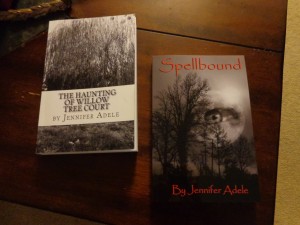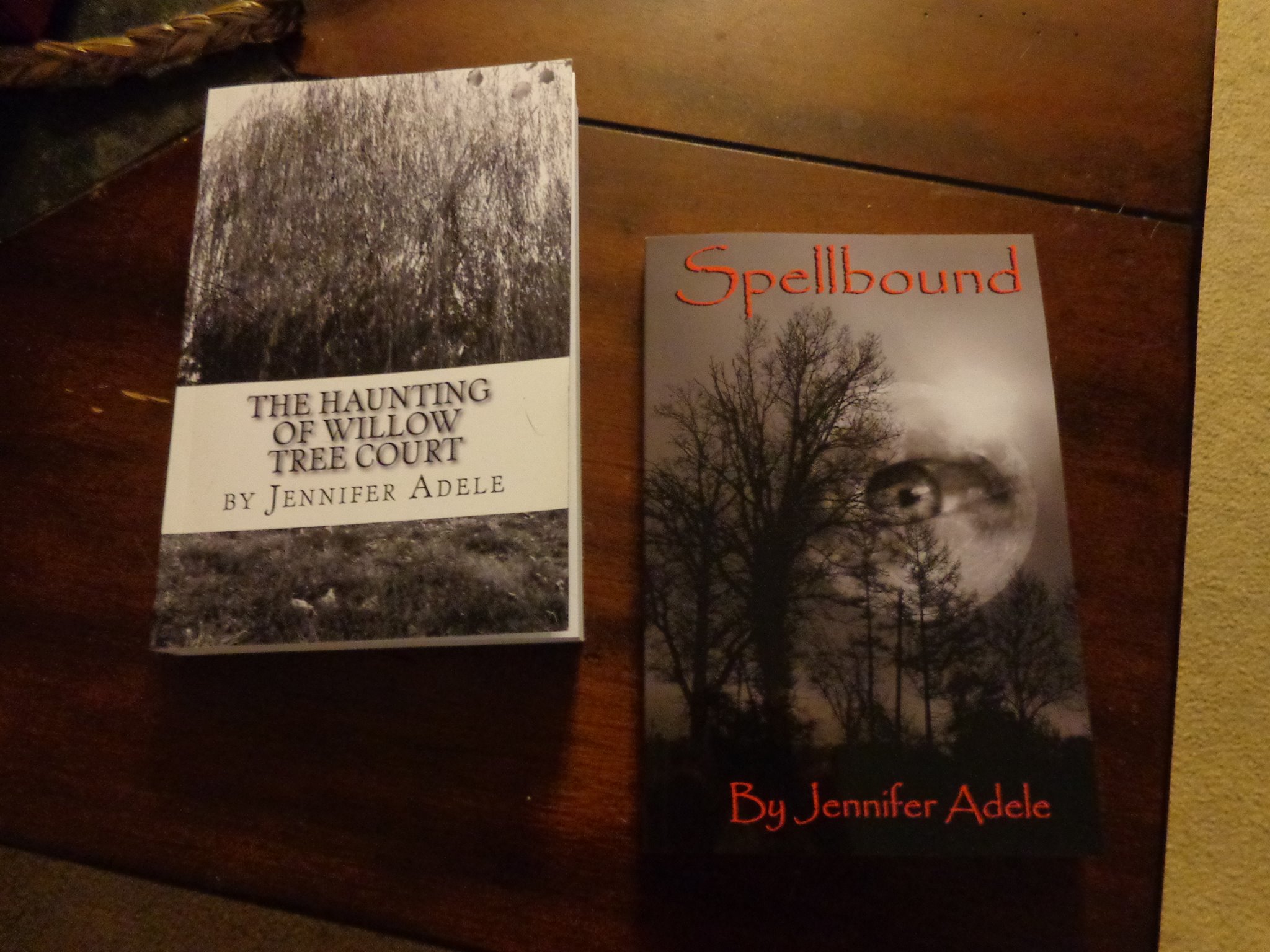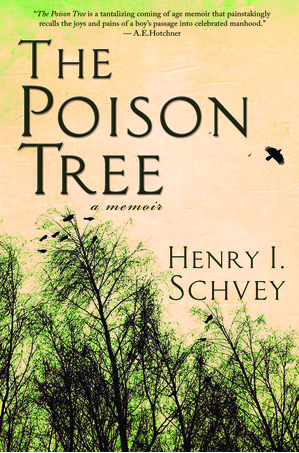Share the post "The Indie Author: Writing a Book"
by Jennifer Adele
www.jenniferadele.com
Whether you are an indie author or someone who is traditionally published through a house or label, writing a book is still writing a book. It is something that defines the word “author” itself, and strangely enough, it is something that most of us probably do in a very unique fashion. While it is true that authors write books, the way in which each goes about the task can be dramatically different. The way in which we as writers go about it may indeed be as individual as our very own fingerprints. The most important aspects of being an author are that we continue to write on a consistent basis, that we are regularly writing what we like, and that we are ultimately completing our projects with great personal satisfaction.
 When writing my first book, The Haunting of Willow Tree Court, I maybe… maybe wrote 3-5 pages a day and around 1,000 words. That felt like a lot! In fact, each day it felt like a Herculean task to do that much. During that same time period, I remember reading an article that featured a best-selling author, who was asked her about her own writing regimen (and, no, I don’t recall which author it was now). She said she often wrote a chapter a day, which amounted to 15-20 pages and about 3,000-5,000 words! Holy guacamole! I thought, I’ll never be able to do that! Who can do that consistently?! That’s insane!
When writing my first book, The Haunting of Willow Tree Court, I maybe… maybe wrote 3-5 pages a day and around 1,000 words. That felt like a lot! In fact, each day it felt like a Herculean task to do that much. During that same time period, I remember reading an article that featured a best-selling author, who was asked her about her own writing regimen (and, no, I don’t recall which author it was now). She said she often wrote a chapter a day, which amounted to 15-20 pages and about 3,000-5,000 words! Holy guacamole! I thought, I’ll never be able to do that! Who can do that consistently?! That’s insane!
Well, by the time I reached my second novel, Spellbound, I was writing about 7-8 pages a day and right around 2000-3000 words. I am now in the process of writing my third book, The Bone Gatherer, and on average I’m writing about 10-12 pages a day at about 4,500-5,500 words or so. WOW! The realization hit me… it’s a lot like weight lifting. The more you do, and the more you do it consistently, the more you can do on a regular basis.
Routine is important, too. It doesn’t really matter that much what your own personal routine looks like, but I have found that routine is the key to actually getting something important done. If you want to be good at what you do and complete your projects in a reasonable time frame, then you need a routine, and you have to stick to it. I, personally, like to begin each conceptual book or novel with a ‘brain map.’
I begin with the title of my book in the center and then start organically mapping outwards, adding in character names and features, plot points, actions, settings, and sub-plots, etc. I leave the map loose and stop when it feels full for the moment. Once I have my brain map and opening line, I begin to write. Often I don’t really know where I’m going. I never know the end of my own books, but I begin to write anyway, letting my characters lead the way. Yes, my books are all very character driven, and it’s not just people that make up my main cast… it’s houses, structures, plants, animals, and otherworldly beings. And, I’m always open to outside influences and sudden plot twists… these often turn out to be the very best things in a story!
The one thing I don’t do, and I caution all authors and writers against it, is edit as I go. There is no need to be focusing on the rewrite when you are still in the first draft of the writing process. Just get it written. You can mess with it to your heart’s content later.
I do write every day, no exceptions. And, I have found this to be the key to my own moderate success. I get stuff done. Period. I crank out quality content on a regular basis, so my readers are always kept up to date and entertained. I push myself to see just how far I can go, and I’m usually surprised. Above all, I write every day because I’m a writer. I write every day and create stories that have grown into books and novels because I’m an author. And, as an indie author, I do it for me and for my readers. I am always very grateful for every single reader that chooses to give one of my books a peek.
Any journey worth making is going to have its fair share of difficulties, and an author’s road is certainly not immune to them. In fact, it is filled with rejections, typos, hardships, and tangible benefits that often do not manifest for a year or more after a project/labor of love is completed… but don’t give up!!!! If you really want to write that novel or short story, then write it. And, to indie authors who are overseeing every aspect of a project themselves (which includes writing, editing, rewriting, formatting, cover art and design, layout, summaries, book excerpts, promotionals, events, a whole host of marketing, and more) … really… don’t give up!!! The hardest, longest, and scariest roads also tend to yield the most rewards and the greatest transformations…
“If all difficulties were known at the outset of a long journey, most of us would never start out at all.” ~ Dan Rather



